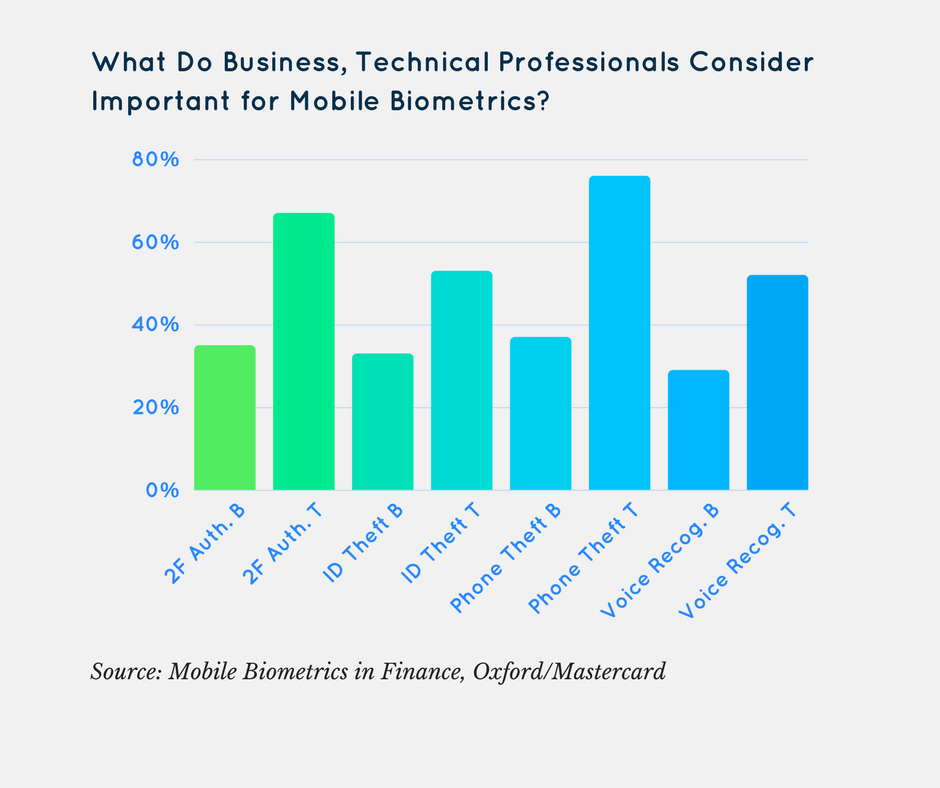2017 Innovators to Watch: 44 Executives Shaping the Future of Banking
2017 was a tumultuous year, but despite some stops and starts, innovation in finance is only gaining more momentum.
As the year saw changes in financial regulation, startup culture, and trends in venture capital, innovation moved forward: blockchain labs were made, funding was fought for, mobile payment systems were integrated, and the limits of artificial intelligence in banking were pushed just a little bit ahead — and that’s only been the first half of 2017.
Of course, gaining that ground was hard work, and no one knows it more than the people at the forefront of the industry who partner with incumbents and startups to design, implement, integrate, and launch the future of banking.
Each year, Bank Innovation highlights the innovators driving the industry forward — so, say hello to our 2017 list of 44 Innovators to Watch.
 1. Anju Patwardhan, Senior Partner, CreditEase Fintech Fund
1. Anju Patwardhan, Senior Partner, CreditEase Fintech Fund
Anju Patwardhan is an ambassador for financial services innovation, speaking at the United Nations and venues around the globe about financial inclusion and the need to extend credit to the world’s rising middle class. A Fulbright fellow and visiting scholar at Stanford University, she is also a member of the World Economic Forum’s fintech steering committee and future council on blockchain. She worked at Standard Chartered and Citibank in South Asia, and is now bringing that learning to the venture capital space, where it is sorely needed. Fintech innovation often seems targeted on groups that need it the least, while those that need it the most desperately go unnoticed. CreditEase has more than $1 billion in committed capital and has funded such companies as WorldCover, a P2P insurance technology company that helps farmers in the developing world guard against natural disasters while providing investors with diversified returns from markets that are not traditionally accessible.
2. Michelle Moore, Head of Digital Banking, Bank of America
Want your bank account to be run by the Siri or Alexa of banking? Michelle Moore, head of digital for Bank of America, is on it.
In charge of developing digital experiences for the bank, Moore’s take on a chatbot for banking, erica, is one where the bot can actually start the conversation with the consumer — a shift in the way bots are traditionally used. Erica will also be integrated with Zelle — the white-labeled P2P service BofA introduced back in February, and which already gave its P2P volume a boost; the bank reported $8 billion in overall P2P transactions past quarter, up 25% from the prior quarter.
Moore, who has been with Bank of America since 2003, has seen quite a few surges in financial technology (as well as a few setbacks), a wealth of financial experience that makes building for the consumer quite a bit easier.
3 . Lindsay Holden, CEO, Long Game
. Lindsay Holden, CEO, Long Game
Savings tools are wildly popular now, because everyone knows they need to save. Developers know that too, so they make them — and then no one uses them, because saving is no fun.
Serial entrepreneur Lindsay Holden, who previously worked for a venture firm investing in energy startups and founded the company Innovative Auctions, is looking to change this by gamifying savings. Save your groans. Gamification here means actual games modeled on scratch-off lottery tickets and casino games — both exponentially more popular than savings. These games yield rewards to boost savings and saving gives users coins to play more games. Can this positive feedback loop help Holden save savings?
4. Vinny Lingham, CEO, Civic

Lingham was among the firsts to see the potential of not just bitcoin, but the blockchain technology underlying it. His new company Civic alerts users when their social security number is used to authenticate identity in a financial operation. Lingham, hailing from South Africa, was appalled to see the range of uses for SSNs in the U.S. — everyone from your dentist to your landlord wants your SSN, but what are they doing with it? How are they storing it? Lingham has visions of building an entirely new identity management that is safe and compliant, and the banks may have a significant role to play. “Our ultimate goal and mission is to change the world by creating a platform for democracy — with digital identities being just the very beginning of a long journey for us,” he told Bank Innovation.
| Next Page


 . Lindsay Holden, CEO, Long Game
. Lindsay Holden, CEO, Long Game 










